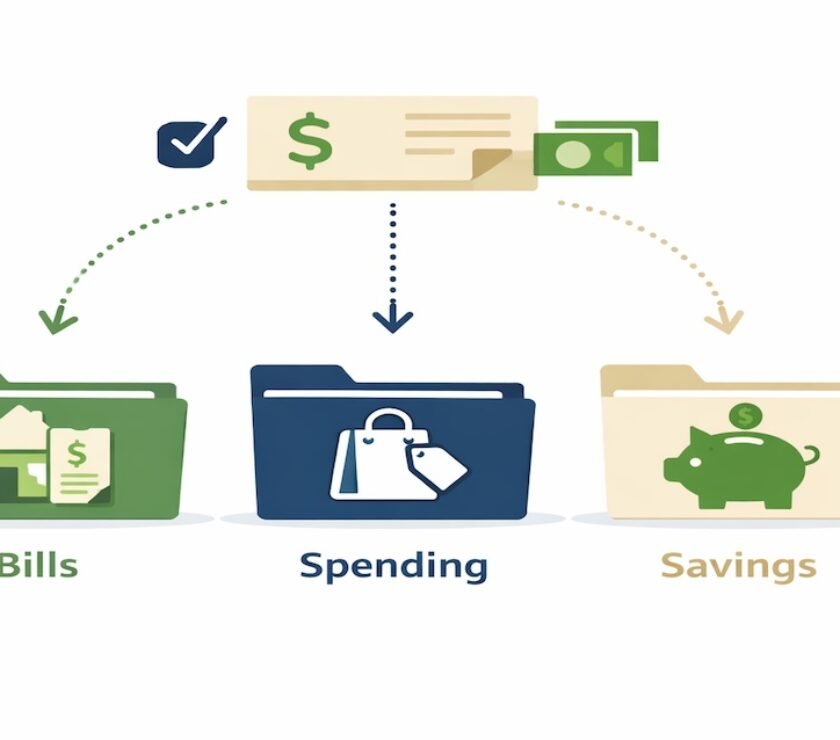Recession? Yep, it sounds scary. But it doesn’t have to wreck your finances. In fact, it could be the best time to invest—if you know where to look. This guide breaks down real-world strategies for building wealth during an economic downturn. From dividend stocks to cash reserves, here’s how to stay ahead while others panic. 🧠💰
When people hear “recession,” most picture a financial apocalypse—stocks crashing, jobs vanishing, and savings draining. But ask any seasoned investor, and they’ll tell you: recessions are also where wealth gets built. Quietly. Strategically. And usually by folks who aren’t afraid to move when the headlines scream “stay still.”
If you’ve got some cash and a bit of courage, this could be your window to buy quality assets on discount. Let’s walk through what that looks like in real life—no hype, no jargon, just smart plays.
Why a Recession Can Be the Best Time to Invest
Here’s the thing: when the economy slows down, prices drop—but that doesn’t mean value disappears. If you’re patient and don’t follow the crowd, you can scoop up solid investments at a fraction of the cost.
It’s the classic “buy low, sell high” moment. Recessions give you that chance. Instead of panicking, smart investors lean in. They see opportunity where others see loss.
Stocks: Not All Are Created Equal
Yes, the stock market takes a hit during a recession—but some companies hold up better than others. The trick is to focus on businesses people always need: healthcare, groceries, utilities, and reliable tech.
Look for stocks that pay dividends. These companies tend to be more stable and reward shareholders even when the market’s down. It’s not just about growth—it’s about steady income while you wait for recovery.
Real Estate: Long Game, Big Potential
Real estate might slow down during a recession, but that’s when buyers have leverage. If you’ve got the financing, you might be able to snag a great deal—especially in solid, high-demand areas.
Rental properties can provide steady cash flow. And when the market rebounds? That property you picked up on the low could seriously appreciate in value.
Bonds: Calm in the Storm
When everything else feels shaky, bonds bring balance. Government bonds, especially U.S. Treasuries, are known for being low-risk and dependable. They won’t make you rich overnight, but they’ll help keep your portfolio steady.
They’re ideal if you’re looking to preserve capital or just want something in your mix that doesn’t move with every market headline.
Gold & Precious Metals: Timeless Safeguards
Gold has been a safety net for centuries—and that hasn’t changed. When people get nervous about the economy, they tend to turn to precious metals to hold their value.
You don’t need to buy physical gold bars, either. There are ETFs and other investment vehicles that make getting into gold simple. Think of it as a financial insurance policy.
Cash: The MVP Nobody Talks About
Let’s not sleep on cash. Having liquid money on hand gives you flexibility. Need to cover unexpected expenses? Done. Want to jump on an investment opportunity? You’re ready.
Cash won’t grow on its own, but it’ll keep you from selling other assets in a panic. A solid emergency fund is your financial airbag—boring, maybe, but essential.
Wrap-Up: What This All Means for You
Investing during a recession isn’t about being fearless—it’s about being prepared. Stick to what works: reliable stocks, steady real estate, safe bonds, and having cash on deck. Sprinkle in some gold if you want to hedge your bets.
Don’t try to time the market perfectly. That’s a game nobody really wins. Instead, play the long game, stay consistent, and remember: some of the biggest financial wins come from what you do during the downturn, not after.
FAQs
Is it smart to invest during a recession?
Yes—if you focus on quality assets and avoid panic buying or selling. Think long-term, not quick flips.
Where should I invest during a recession?
Stick with dividend-paying stocks, real estate in strong markets, government bonds, and precious metals. And always keep some cash handy.
How do I protect what I already have?
Diversify. Keep a mix of safe and growth assets. Avoid going all-in on risky plays. And review your budget—cut fat where you can.
Credible Resources to Check Out
Related Reads on PersonalOne
💬 Got a question? Drop a comment.
📢 Found this helpful? Share it with someone who needs to hear it.
☕ Like what we’re building? Buy us a coffee to support the blog.
Disclaimer:
This content is for informational purposes only and does not substitute professional financial advice. Always consult a licensed advisor before making any investment decisions. This page may include affiliate links—we may earn a commission if you click and buy, but it never affects what we recommend.



